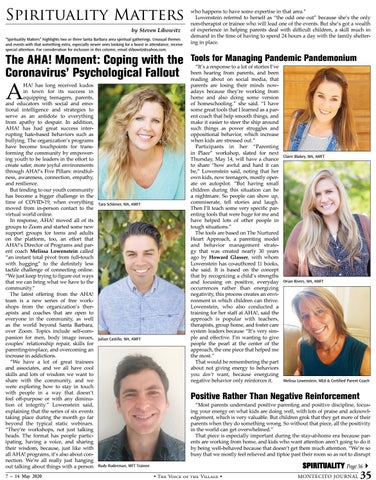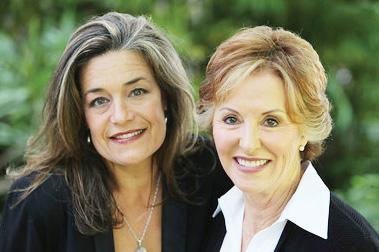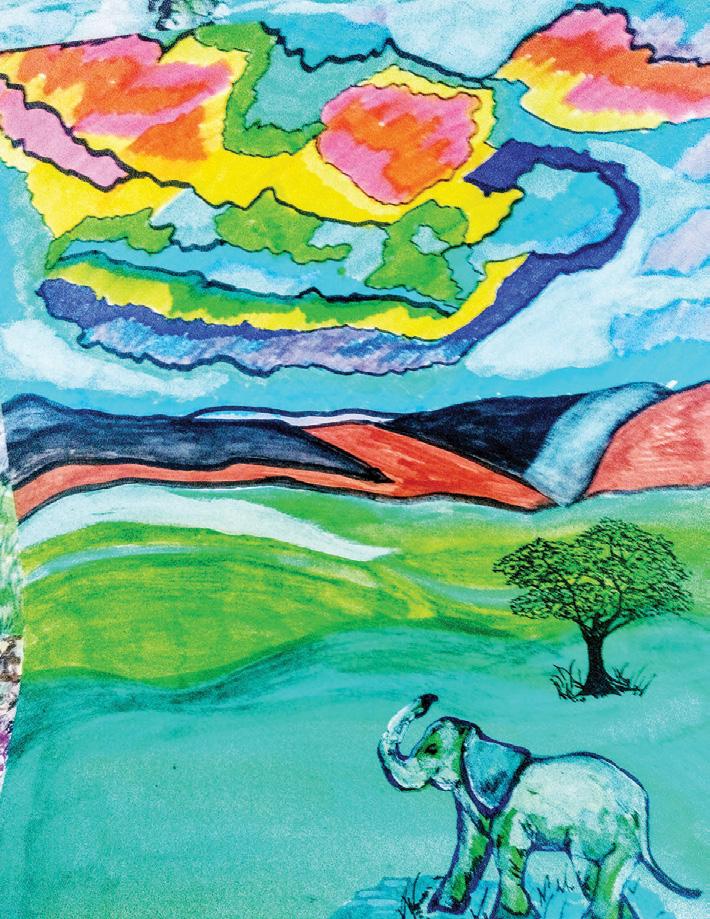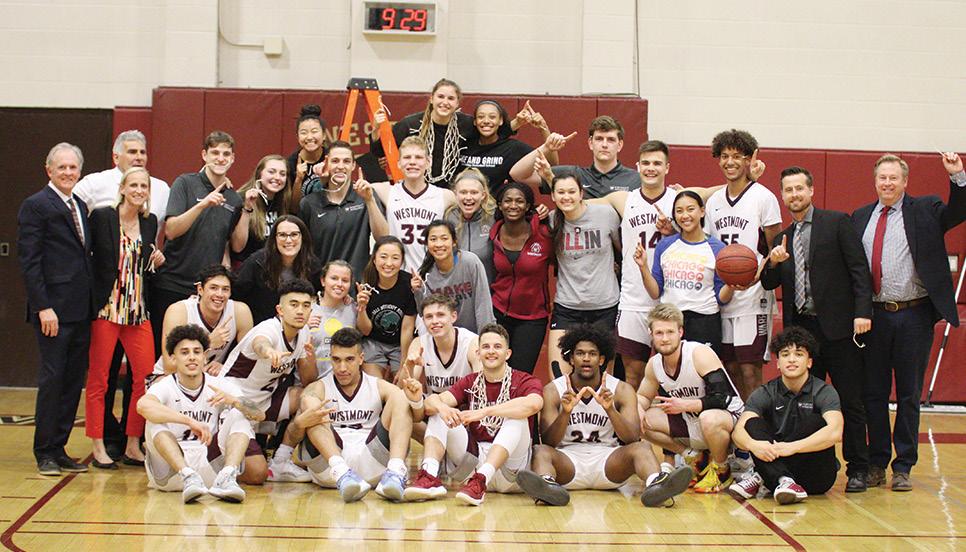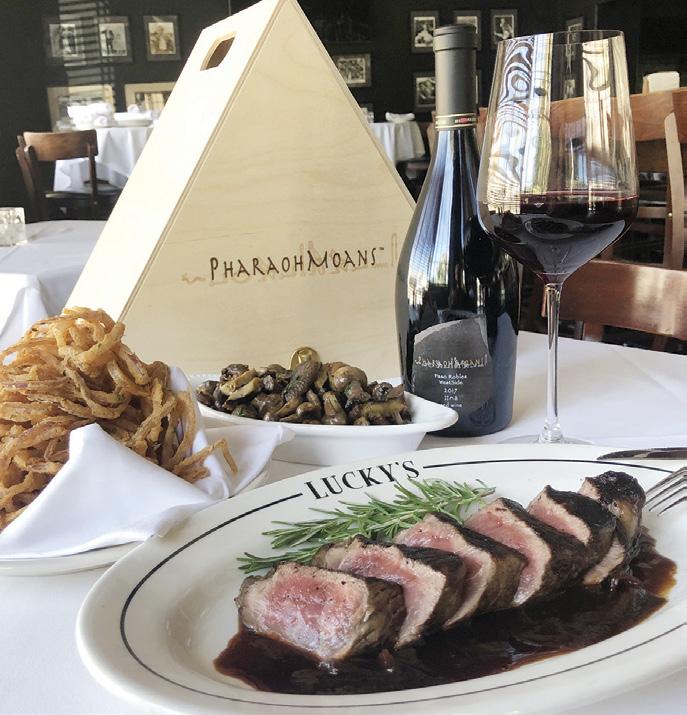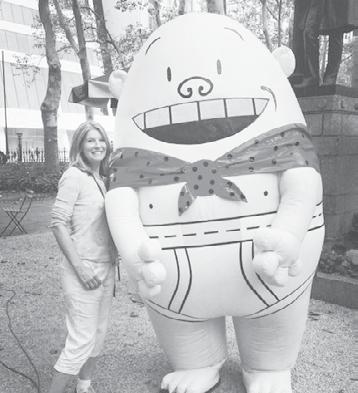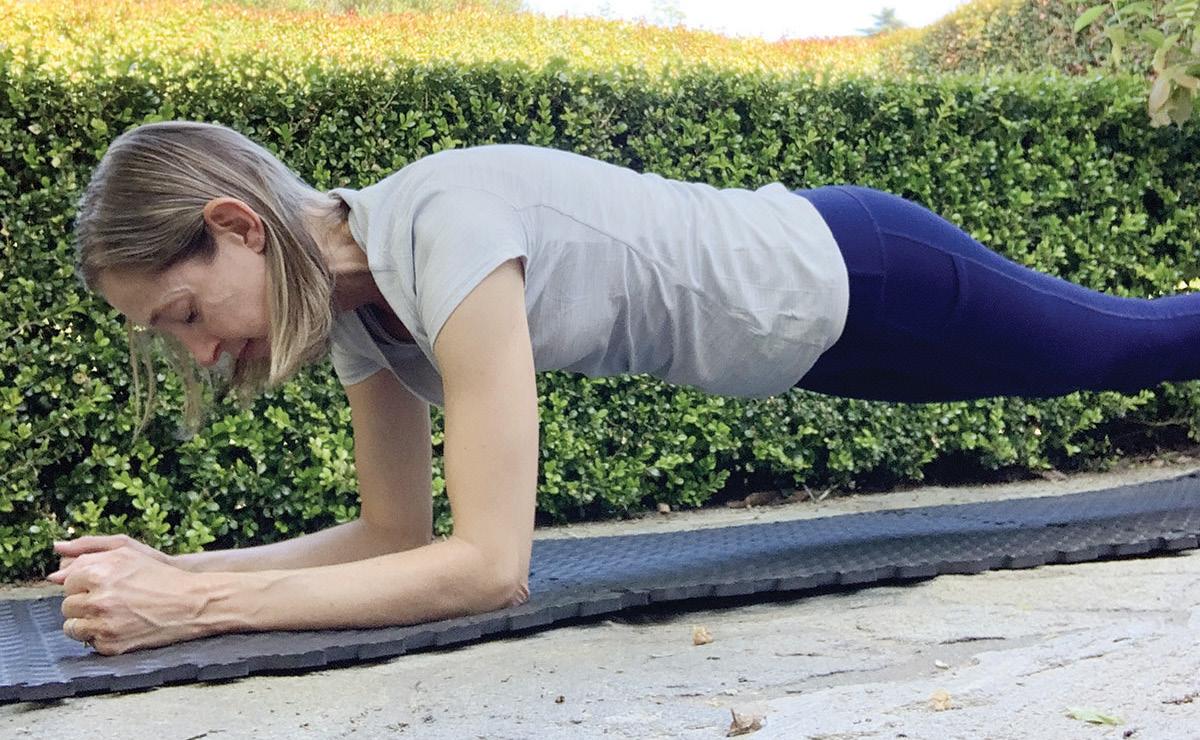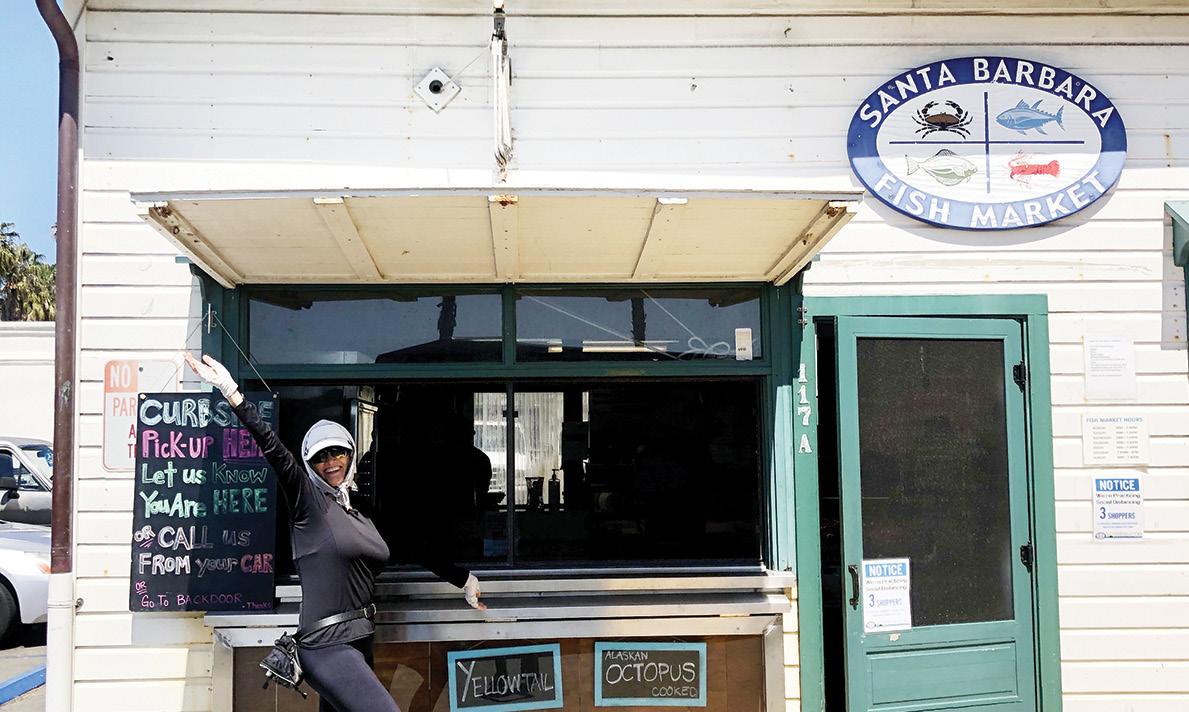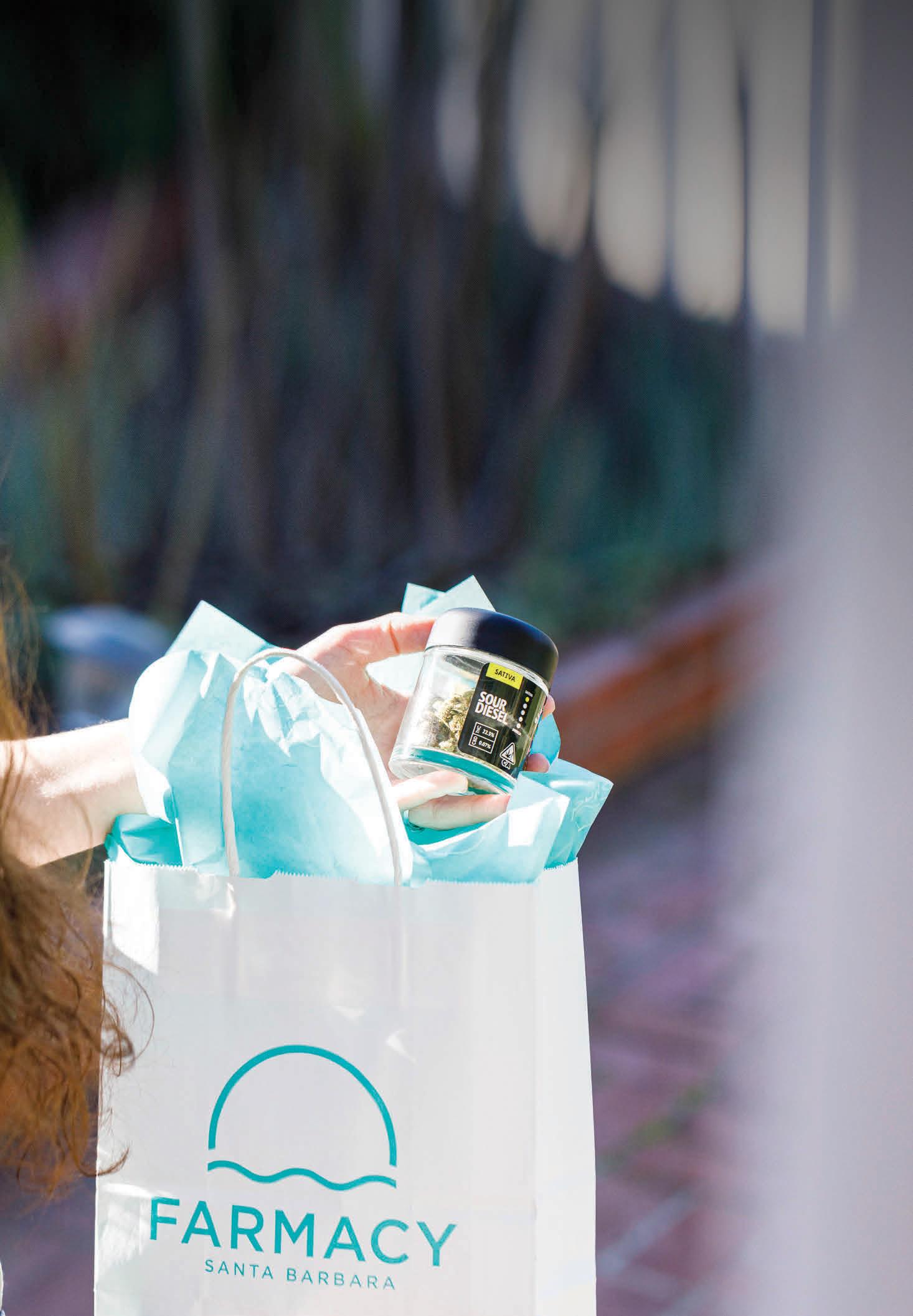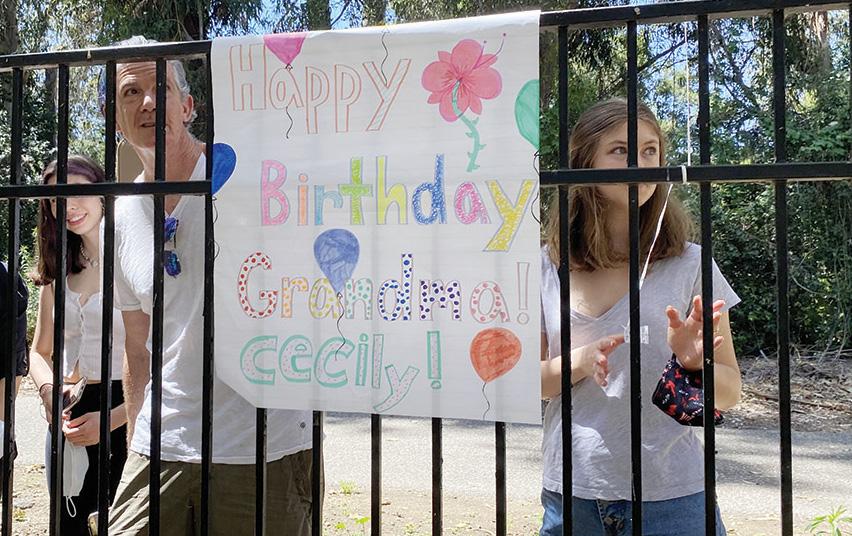Spirituality Matters by Steven Libowitz “Spirituality Matters” highlights two or three Santa Barbara area spiritual gatherings. Unusual themes and events with that something extra, especially newer ones looking for a boost in attendance, receive special attention. For consideration for inclusion in this column, email slibowitz@yahoo.com.
The AHA! Moment: Coping with the Coronavirus’ Psychological Fallout
A
HA! has long received kudos in town for its success in equipping teenagers, parents, and educators with social and emotional intelligence and strategies to serve as an antidote to everything from apathy to despair. In addition, AHA! has had great success interrupting hate-based behaviors such as bullying. The organization’s programs have become touchpoints for transforming the community by empowering youth to be leaders in the effort to create safer, more joyful environments through AHA!’s Five Pillars: mindfulness, awareness, connection, empathy, and resilience. But tending to our youth community has become a bigger challenge in the time of COVID-19, when everything Tara Schlener, MA, AMFT moved from in-person contact to the virtual world online. In response, AHA! moved all of its groups to Zoom and started some new support groups for teens and adults on the platform, too, an effort that AHA!’s Director of Programs and parent coach Melissa Lowenstein called “an instant total pivot from full-touch with hugging” to the definitely less tactile challenge of connecting online. “We just keep trying to figure out ways that we can bring what we have to the community.” The latest offering from the AHA! team is a new series of free workshops from the organization’s therapists and coaches that are open to everyone in the community, as well as the world beyond Santa Barbara, over Zoom. Topics include self-compassion for men, body image issues, Julian Castillo, MA, AMFT couples’ relationship repair, skills for parenting-in-place, and overcoming an increase in addictions. “We have a lot of great trainees and associates, and we all have cool skills and lots of wisdom we want to share with the community, and we were exploring how to stay in touch with people in a way that doesn’t feel off-purpose or with any diminution of integrity.” Lowenstein said, explaining that the series of six events taking place during the month go far beyond the typical static webinars. “They’re workshops, not just talking heads. The format has people participating, having a voice, and sharing their wisdom, because, just like with all AHA! programs, it’s also about connection. We’re all really just hanging out talking about things with a person Rudy Ruderman, MFT Trainee 7 – 14 May 2020
who happens to have some expertise in that area.” Lowenstein referred to herself as “the odd one out” because she’s the only non-therapist or trainee who will lead one of the events. But she’s got a wealth of experience in helping parents deal with difficult children, a skill much in demand in the time of having to spend 24 hours a day with the family sheltering in place.
Tools for Managing Pandemic Pandemonium
“It’s a response to a lot of stories I’ve been hearing from parents, and been reading about on social media, that parents are losing their minds nowadays because they’re working from home and also doing some version of homeschooling.” she said. “I have some great tools that I learned as a parent coach that help smooth things, and make it easier to steer the ship around such things as power struggles and oppositional behavior, which increase when kids are stressed out.” Participants in her “Parenting in Place” workshop, slated for next Claire Blakey, MA, AMFT Thursday, May 14, will have a chance to share “how awful and hard it can be,” Lowenstein said, noting that her own kids, now teenagers, mostly operate on autopilot. “But having small children during this situation can be a nightmare. So people can show up, commiserate, tell stories and laugh. Then I’ll teach some very specific parenting tools that were huge for me and have helped lots of other people in tough situations.” The tools are based on The Nurtured Heart Approach, a parenting model and behavior management strategy that was created nearly 30 years ago by Howard Glasser, with whom Lowenstein has co-authored 11 books, she said. It is based on the concept that by recognizing a child’s strengths and focusing on positive, everyday Orian Rivers, MA, AMFT occurrences rather than energizing negativity, this process creates an environment in which children can thrive. Lowenstein, who also conducted a training for her staff at AHA!, said the approach is popular with teachers, therapists, group home, and foster care system leaders because “It’s very simple and effective. I’m wanting to give people the pearl at the center of the approach, the one piece that helped me the most.” That would be remembering the part about not giving energy to behaviors you don’t want, because energizing Melissa Lowenstein, MEd & Certified Parent Coach negative behavior only reinforces it.
Positive Rather Than Negative Reinforcement
“Most parents understand positive parenting and positive discipline, focusing your energy on what kids are doing well, with lots of praise and acknowledgement, which is very valuable. But children grok that they get more of their parents when they do something wrong. So without that piece, all the positivity in the world can get overwhelmed.” That piece is especially important during the stay-at-home era because parents are working from home, and kids who want attention aren’t going to do it by being well-behaved because that doesn’t get them much attention. “We’re so busy that we mostly feel relieved and tiptoe past their room so as not to disrupt
SPIRITUALITY Page 364 • The Voice of the Village •
MONTECITO JOURNAL
35
